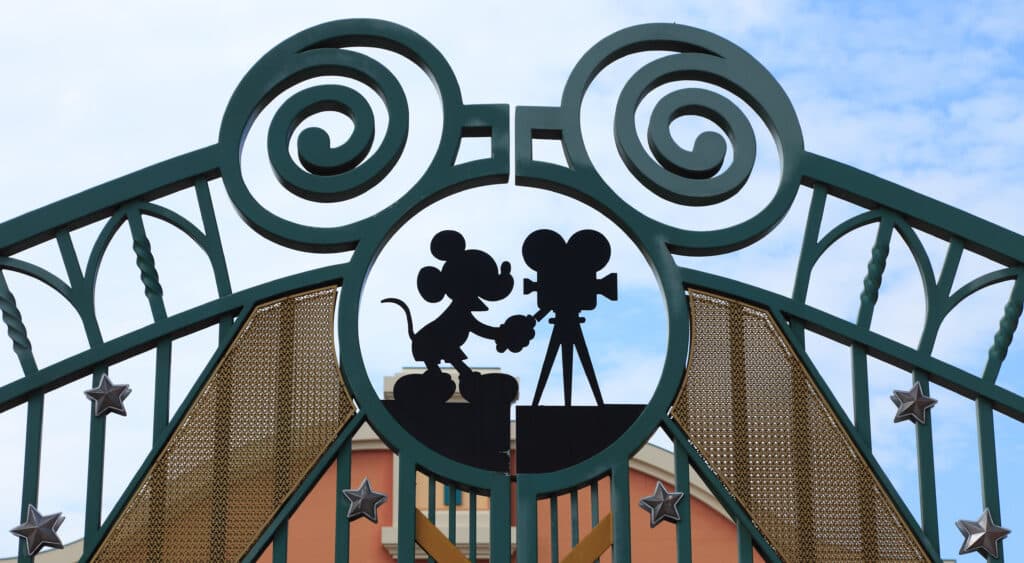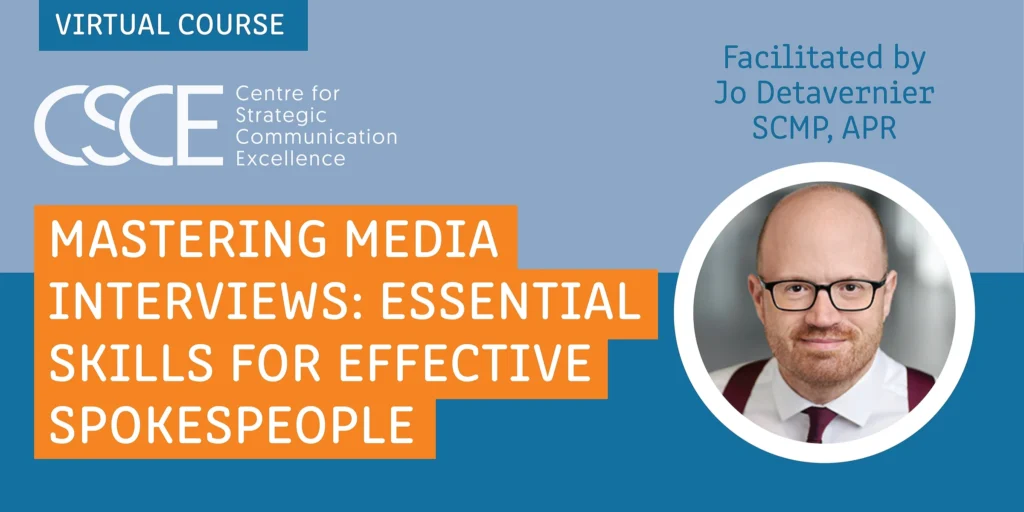Does transparency in communication matter today?
A recent American President was found to have lied 30,573 times during his four years in office, or an average of 21 mistruths per day. Despite this, he claims to be mostly truthful, and his supporters do not seem deterred by his many fabrications. If a president disregards honest, open communication, and their followers still believe their every word, should we still value transparency?
As public relations professionals, we are obligated and compelled to build and maintain our organizations’ credibility by distributing high-quality information to the public. Below, I will discuss how a lack of straightforward communication can harm your company and how transparency can build trust in your organization.

In the summer of 2024, Dr. Kanokporn Tangsuan regrettably died after unknowingly ingesting traces of nuts at a restaurant in Disney World, despite being told multiple times that her meal would not contain any allergens. When her husband tried to file a wrongful death lawsuit, Disney attempted to dismiss it, citing terms from a Disney+ free trial he had signed a few years before. The terms stated that legal issues with Disney must be settled by arbitration rather than court, but this clause was not made clear in Disney’s terms and conditions. The grieving husband’s plight soon made news headlines. Disney had been far from transparent about its Disney + terms and tried to use that to settle an amusement park lawsuit in bad faith. The internet was set ablaze with comments mocking the House of Mouse. They joked that Disney would try to purposely hurt people and then refer to obscure terms and conditions that allowed them to do so. While they are hyperbolic, these reactions highlight that Disney’s reputation had been harmed by its lack of transparency. This example demonstrates that a lack of open communication can hurt your business.
However, by being transparent in communication, you can gain more enthusiastic support from your stakeholders and society at large. For example, I work for an agency with several non-profit clients. One of these is a cancer-fundraising charity that raises funding for life-saving cancer treatment equipment. In my work, I have found that transparency is vital to raising donations. For example, the charity decides how much it needs to raise to purchase new equipment or fund new research. We then break down how the technology will work into digestible key messages. Finally, our agency reaches out to potential donors and explains how their funding could positively impact the lives of cancer patients. During our last campaign in the summer of 2024, we helped the organization raise just under $24,000 in small-dollar donations. Being straightforward about your goals makes the public more likely to support you.
In conclusion, nobody likes the feeling of being mislead. You can risk hurting your organization’s reputation if you do not engage in a good-faith, transparent dialogue with the public. However, if you are open and honest with your audience, you can gain their trust, making them more likely to support you. While transparent communication may not matter to those in the highest office, it should matter to you.






